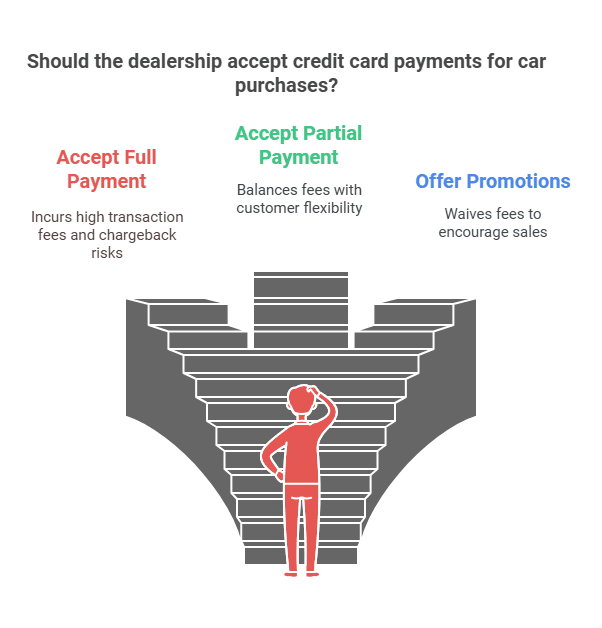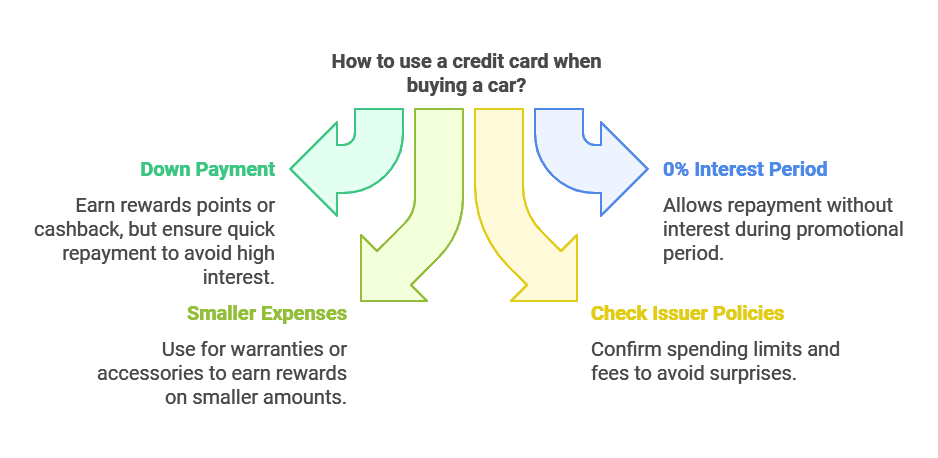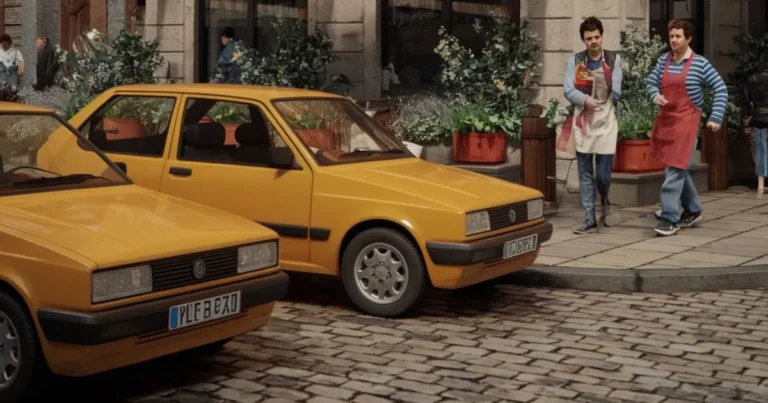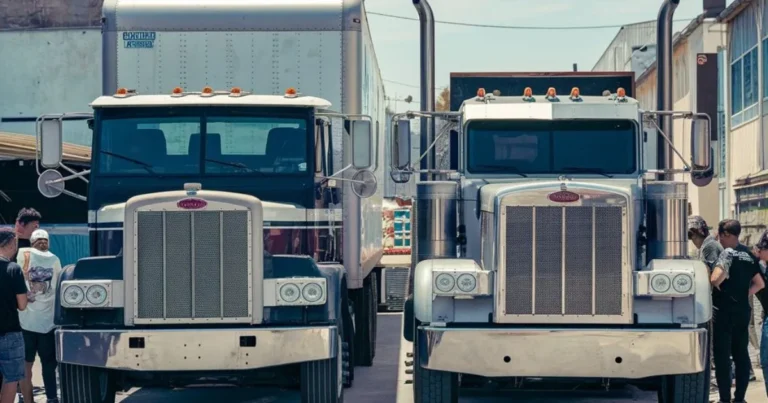Can You Buy a Car with a Credit Card? 9 Powerful Tips for Success
Thinking about getting a new ride? You might be wondering, can you buy a car with a credit card? It’s a question that pops up for many, especially with those tempting credit card rewards programs. Let’s dive into the world of purchasing a car with a credit card and explore if it’s a viable option for you.
The Short Answer: Yes, But It’s Complicated
Yes, technically, can you pay for a car with a credit card? In some situations, the answer is yes. However, it’s rarely a straightforward process and often comes with caveats. Don’t expect to walk into any dealership and swipe your card for the entire purchase price. The reality of using a credit card for a car is a bit more nuanced.
Many people wonder, do car dealerships take credit cards? The answer is often yes, but usually with limitations. Most dealerships will allow you to use a credit card for a portion of the transaction, typically the car down payment. Thinking about using a credit card for a down payment on a car? This is a more common scenario. You might also be able to use your card for smaller expenses like service or parts.
So, while the dream of racking up massive rewards points by putting the entire cost of a car with a credit card on your Visa might be tempting, it’s not usually how things work. Let’s explore why.
According to the Federal Reserve’s latest consumer credit report, Americans are increasingly using credit cards for large purchases.

Why Dealerships Hesitate (and Sometimes Allow It)
Ever wondered why auto dealers accept credit cards for some things but not others? It boils down to fees and risk. When a dealership accepts a credit card, they incur a transaction fee, usually a percentage of the total sale. For a small purchase, this isn’t a big deal. But on a large purchase like a car, these fees can be substantial, eating into their profit margins. This is a major reason why does car dealerships take credit cards for the full amount is often a no.
Another factor is the potential for chargebacks. If a customer disputes a credit card charge, the dealership could lose the money and the car. While less common with significant purchases, it’s a risk dealerships consider. That’s why you might see signs saying will car dealers accept credit cards for down payments only.
However, there are situations where a dealership might be more open to the idea of a larger credit card transaction. Smaller, independent dealerships might be more flexible. Also, if you’re only putting a portion of the car down payment on a card for a car, the fees are lower, making it more palatable for the dealer. Sometimes, dealerships might run promotions where they waive the fees to encourage sales, especially if you’re using their affiliated credit card company.
Keep in mind that even if a dealership allows you to purchase car with credit card, they might have limits on the amount you can charge. This is often due to their agreements with credit card processors. So, while you might be able to pay for car with a credit card, it might not be the entire amount.

The National Automobile Dealers Association (NADA) reports that credit card processing fees can cost dealers between 1.5% to 3.5% of the transaction amount.
Smart Ways to Use a Credit Card When Buying a Car
While paying for the entire car with a credit card is rare, there are strategic ways to leverage your plastic when buying a vehicle. Using a credit card for car down payment is a popular option. This allows you to earn rewards points or cashback on a significant expense. Just be sure you can pay off the credit card balance quickly to avoid high interest rate charges.
Another smart move is to use a card with a 0 promotional period. If you have a new credit card offering a zero-interest period, putting your car down payment on it can give you a window to pay it off without accruing interest charges. This can be a savvy way to manage your finances, but remember to pay it off before the promotional period ends!
Using a credit card for smaller, related expenses is also a good strategy. Think about putting the cost of an extended warranty or accessories on your card. These smaller amounts are more likely to be accepted and still allow you to reap some rewards.
Before you head to the dealership, check with your credit card issuer about your spending limits and any potential cash advance fees. Using your credit card at a dealership is generally considered a purchase, not a cash advance, but it’s always best to confirm.
Remember to factor in your credit utilization ratio. Charging a large amount to your credit card, even if you plan to pay it off quickly, can temporarily lower your credit score. Keep this in mind if you’re planning on applying for other loans soon, like auto loans for the remaining balance.

The Consumer Financial Protection Bureau provides helpful guidelines for understanding credit card rewards programs and promotional periods.
The Flip Side: Risks and Considerations
While the allure of rewards is strong, using a credit card to buy a car comes with potential downsides. The biggest risk is the aforementioned high interest rate. If you can’t pay off the balance quickly, the interest charges can quickly negate any rewards you earned and make the overall cost of the car significantly higher. It’s crucial to have a solid repayment plan in place before you swipe your card.
Another consideration is your credit score. Maxing out your credit card, even if you pay it off, can negatively impact your score. Lenders look at your credit utilization ratio, which is the amount of credit you’re using compared to your total available credit. A high utilization ratio can signal to lenders that you’re overextended.
Furthermore, not all dealerships are equipped to handle large credit card transactions. They might have limitations on the amount they can process or simply prefer other payment options. Don’t assume you can use your credit card; always ask beforehand.
Thinking about using a credit card because you don’t have enough cash for a car down payment? While it might seem like a solution, it’s essential to consider the long-term financial implications. If you’re relying on credit for the down payment, you might be stretching your budget too thin, making monthly payments on the car loans even more challenging.
Finally, be aware of potential fees. While less common for standard purchases, some dealerships might try to pass on the credit card processing fees to you. Always clarify any potential fees before agreeing to the transaction.
So, you’ve decided you want to try and use your credit card for a portion of your car purchase. What’s the next step? First, talk to the dealership upfront. Don’t wait until you’re in the finance office to ask can u buy a car with a credit card. Be clear about how much you’d like to charge and why (e.g., to earn rewards on your car down payment).
Be prepared for the dealership to say no, or to offer limitations. They might only allow a certain amount to be charged to a credit card. If they agree, confirm if there are any additional fees associated with using a credit card.
If you’re using a credit card for the down payment, ensure the dealership properly documents the transaction. Get a clear receipt showing the amount charged to your card.
Consider using a credit card with rewards that align with your spending habits. Cashback cards offer a direct return, while travel rewards cards can help you save on future vacations. If you’re making a large purchase like a car down payment, the rewards can be significant.
Remember, using a credit card for a car purchase, even a portion of it, requires careful financial planning. Make sure you have a strategy to pay off the credit card balance promptly to avoid hefty interest charges. Don’t let the allure of rewards lead to long-term debt.

Conclusion: Weighing the Pros and Cons
So, can you buy a car with a credit card? The answer is a qualified yes. While paying for the entire vehicle with plastic is rare, using a credit card for the down payment or smaller related expenses is a more common and potentially rewarding strategy.
Pros of using a credit card for a car purchase:
- Earn rewards points, cashback, or travel miles.
- Take advantage of 0% APR promotional periods.
- Potentially build credit (if managed responsibly).
- Provides a record of the transaction.
Cons of using a credit card for a car purchase:
- High interest rates if the balance isn’t paid off quickly.
- Potential impact on credit utilization ratio.
- Dealerships may limit the amount you can charge.
- Possible transaction fees.
Ultimately, the decision of whether or not to use a credit card when buying a car depends on your individual financial situation and the dealership’s policies. If you have excellent credit, a plan to pay off the balance quickly, and the dealership allows it, using a credit card strategically can be a smart move. However, if you’re carrying a balance on your credit cards or the dealership charges fees, it’s likely not a good idea.
Before making any decisions, carefully weigh the pros and cons. Explore all your payment options, including auto loans. Consider talking to a financial advisor to determine the best approach for your specific circumstances.
Ready to learn more about car ownership? Check out our article on Ultimate Vehicle Maintenance Log Templates: Track Your Car Care to keep your new ride in top shape. Thinking about a road trip after your purchase? See our tips for Unlock Easy Travel: Newport News Williamsburg International Airport. If you’re considering renting a car for a trip before you buy, explore Car Rental Companies in Europe. And for those looking to keep their car sparkling, we have advice on How to Learn Driving Without Learners Permit and Car Wash at Home.
Remember to always make informed financial decisions and drive safely!
Let me know if you would like any adjustments or further refinements to this article!
There are no reviews yet. Be the first one to write one.







